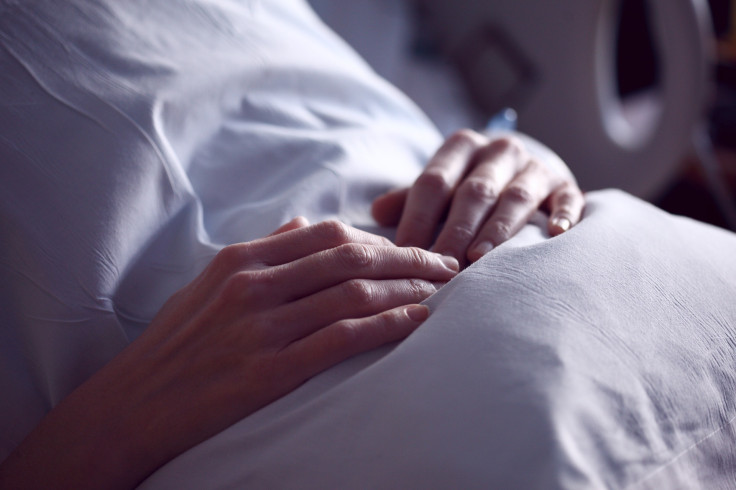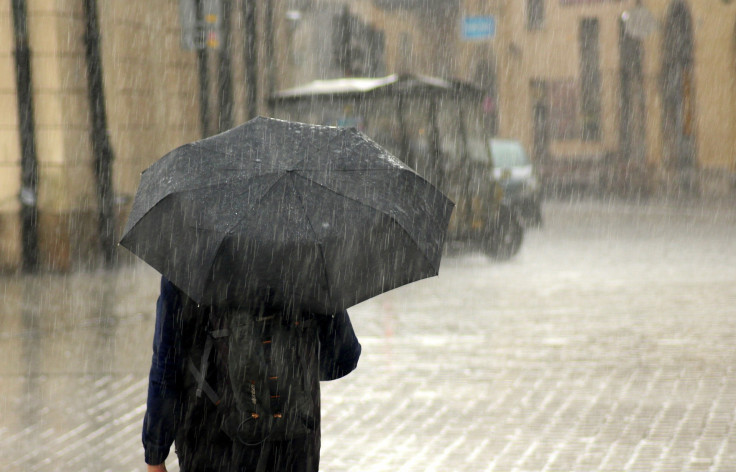Spring Allergies In Southern California Could Be Worst Ever Due To Rains

KEY POINTS
- Record precipitation in Southern California has resulted in worse allergy symptoms this season
- An overlap with a more prolonged surge in upper respiratory illnesses made the situation more complicated
- Doctors recommended for windows to be closed and the use of nasal saline wash to remove pollen
Southern California is experiencing its worst pollen season in history right as the region sees record levels of rainfall, according to health experts.
The precipitation has resulted in allergy symptoms that are "more persistent and worse," Dr. Maria Garcia-Lloret, professor of pediatrics at the David Geffen School of Medicine at the University of California, Los Angeles, said.
"Since October, there has been an increase in consultations for nasal congestion, runny nose and a cough that doesn't go away. We have also noted an increase in asthma flares in patients who previously were well-controlled," the pediatric allergist and immunologist with the health network UCLA Health said, according to a piece published by UCLA Health earlier this month.
While light rain can clean pollution from the air and clear away pollen, recent record-breaking rainfall in Southern California has pummelled pollen into smaller particles that are more easily inhaled and reach deeper into the lungs, Garcia-Lloret explained.
"By breaking down the little pollen particles they make them more dangerous. These microparticles can travel faster with water, with winds," Garcia-Lloret said.
Aside from the weather, another complication this allergy season has seen is "a fall and winter higher-than-usual and more prolonged surge in upper respiratory illnesses," according to the doctor.
"People come to me for allergies, but I keep an open eye for other possible causes of their symptoms. Some kids have allergies, some have RSV or other viral infections, some maybe have both," she said.
Despite all of this, Garcia-Lloret expects allergy conditions to return to a baseline level after spring rains subside and tree pollen decreases in June.
"What was unusual in the season was the combination of more respiratory infections and more rain on top of what is historically the worst pollen season in Southern California," she said.
Garcia-Lloret has urged parents of children with allergies to take precautions for three to five days after heavy rains.
She also recommended closing windows, handwashing and bathing following outdoor activities and potentially using a nasal saline wash to remove pollen that gets trapped in the nose.

© Copyright IBTimes 2024. All rights reserved.




















